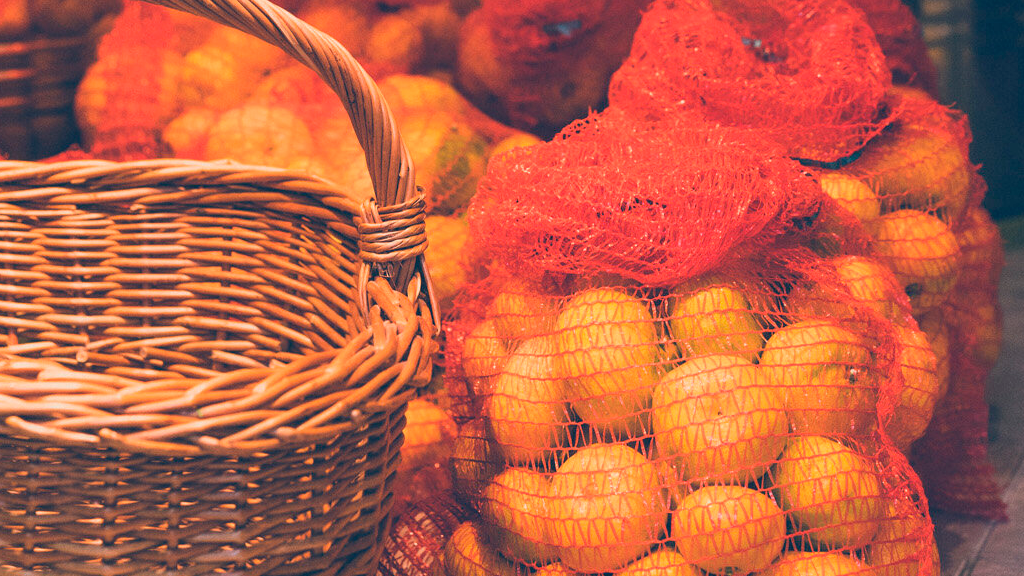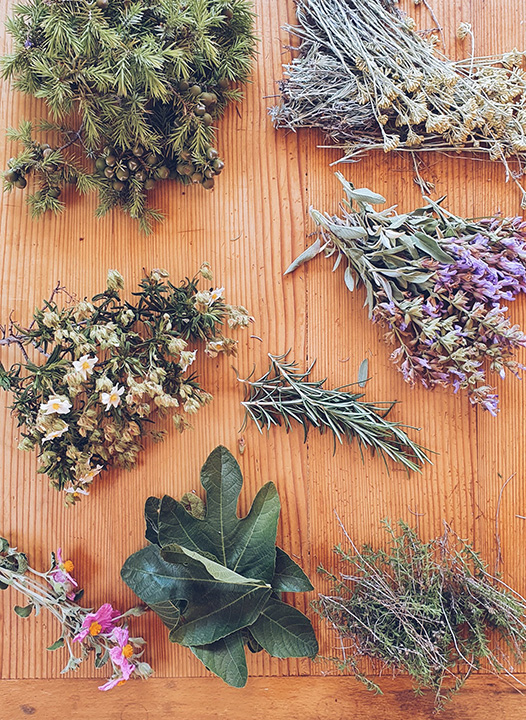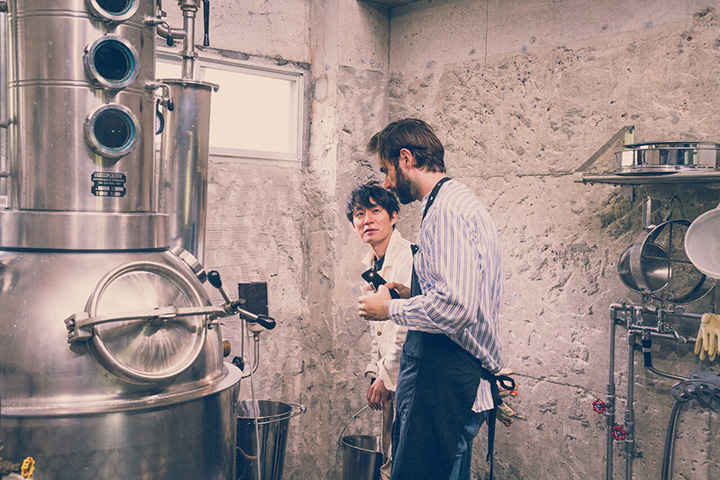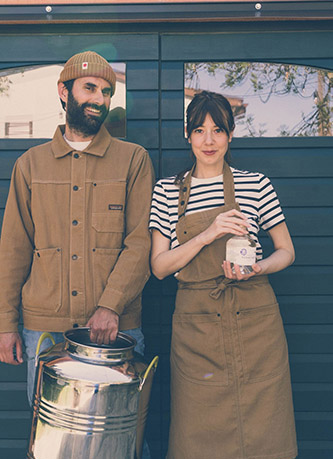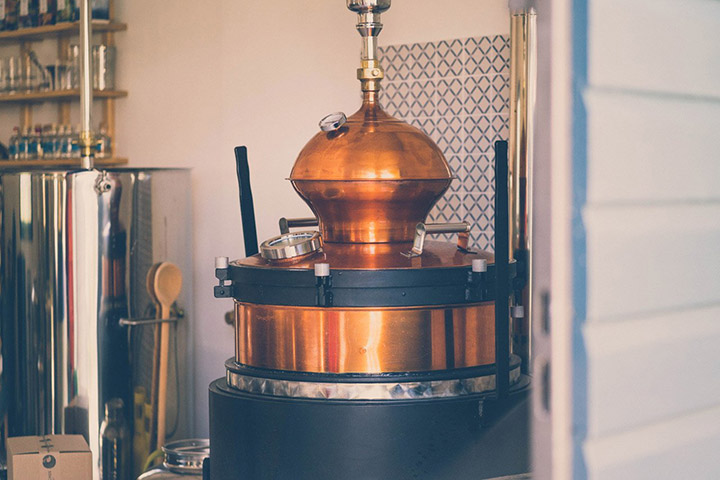First Citrus, Monachus Special
The idea behind this drink comes from an apprenticeship at the Mitosaya Botanical Distillery near Tokyo, where the citruses play an important role. From Istria to Tokyo - one citrus away.
Capacity (L):
0,5
About First Citrus, Monachus Special Gin
First Citrus, second batch.
Alc.vol.: 43 %
Ingredients: organic mandarine fruit and peel
First Citrus is an eau de vie made of the entire mandarine fruit.
The idea behind this drink comes from an apprenticeship at the Mitosaya Botanical Distillery near Tokyo, where the citruses play an important role.
Mandarine was the first citrus of the season from the fantastic biological farmers that grow citruses in the south of Croatia, and the first citrus used in Monachus distillery, so this is where the name First Citrus comes from.
They started to ferment mandarines as a way to focus on sustainability at our distillery: since they use fresh mandarine peel for Monachus Dry Gin, after peeling the mandarines, all that is left is juicy pulp that we don’t want to throw away. Natural fermentation resulted in a delicate distillate, tender, and lightly citrusy - they decided to add the fresh mandarine peel so the high citrus notes come forward, and the fermented fruit stays behind, but is still noticeable.
The combination gives a very dry and refined drink, with an unmistakable mandarine scent, and a gentle taste, just as the fruit itself- memorable in scent, refined in flavour.
The aromas come forward best at room temperature (from 15 to 20°C), and we recommend serving this drink in a tulip-shaped glass.
About Monachus Distillery
Monachus was founded as a channel of expression for passion and interest in flavours and aromas, the specific natural environment of the Istrian peninsula, and sustainability.
Only a year after launching their first product - Monachus Dry Gin - in the wake of the global pandemic in February 2020, they had their first export, and that to Japan in February 2021. The second shipment to Japan followed in November 2021, and Monachus distillates appeared on the menus of bars all around Japan, among which two are listed on the World's and Asia's 50 Best Bars. In 2022, they started exporting to Slovenia, and Monachus is being recognized by some of the best restaurants in Croatia and its surroundings. All of it is from their former garage in Premantura.
But let's rewind to the beginning when driven by curiosity, they travelled to some of the best European distilleries, from the big, renowned producers, to small family farms- tasting the finest of the European fruit brandy production and spirits obtained by maceration and distillation of herbs, flowers, and nuts (all of it spiced with the gin craze in the last 10 years). Educating themselves on the matter of fermentation and distilling, ingredients and flavours through books; going foraging, experimental fermenting, and distilling in a petit still that they ordered from a second-generation blacksmith near Zagreb, all led to packing their bags to Japan to learn hands-on about working with herbs, fruit, and alcohol to extract and capture the flavours at the Mitosaya Botanical Distillery in Chiba Prefecture near Tokyo.
Mitosaya is one of the fastest-growing Japanese craft distillery brands, where Yuko Yamamoto and Hiroshi Eguchi stand for botanical discoveries and perpetual experiments with Japanese fruit and herbs. From them, Monachus draw inspiration and knowledge to work with citruses, uses fresh instead of dried herbs in the production, and always makes time for new ideas.
Monachus focuses on working with local, certified organic or low-intervention fruit and wild herbs, experimenting with fermentations and flavours, getting to know all the suppliers, and knowing exactly which orchard fruit is coming from. The human touch in production and transparent ingredient sourcing has been one of their core values from day one. Monachus flavour experiments often include the use of citruses and coffee, whose use has become their signature already. Fermenting citruses is an endeavour that not many distilleries embark on, as the yield is low. In their small, experimental production, Monachus value refined products from the best possible ingredients far more than the mere quantity.
Monachus avoids following the established rules of the industry, as they were always more interested in gastronomy and fair production than spirits competitions. What they define as a real success of their products is the fact that people want to drink and enjoy them, chefs want to have them on their beverage lists, and mixologists want to create flavour combinations with them. And that's what matters.

